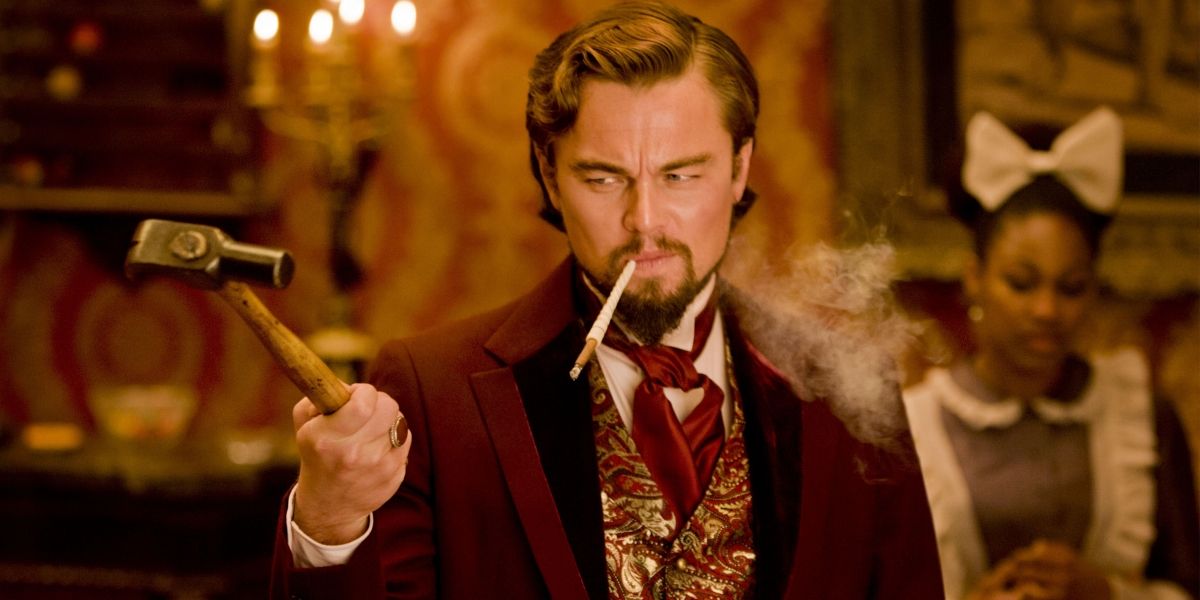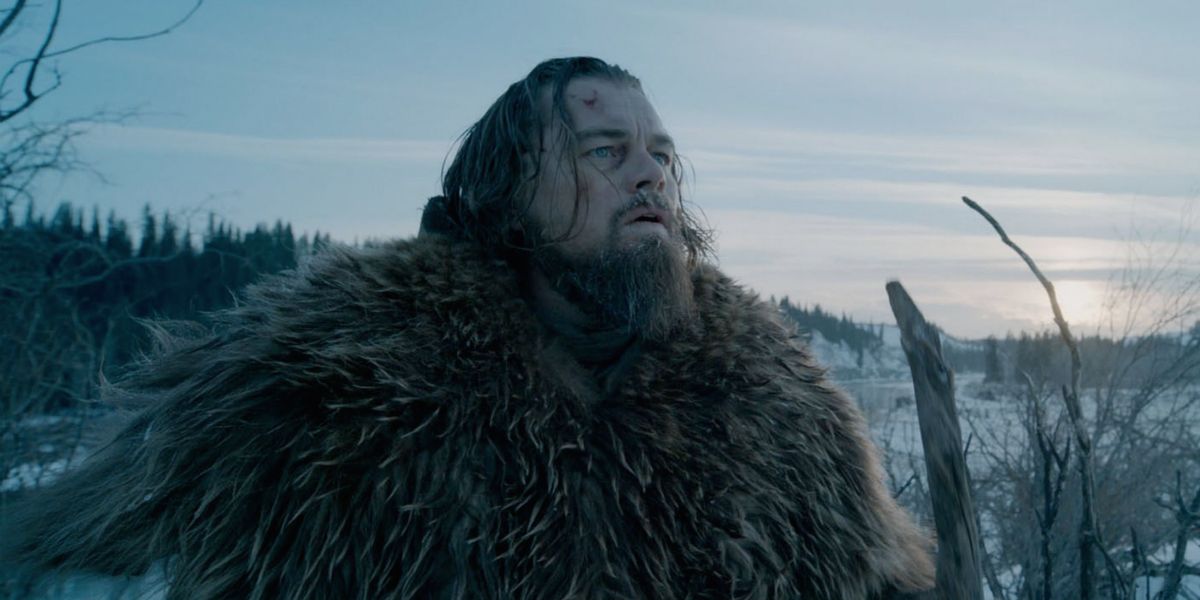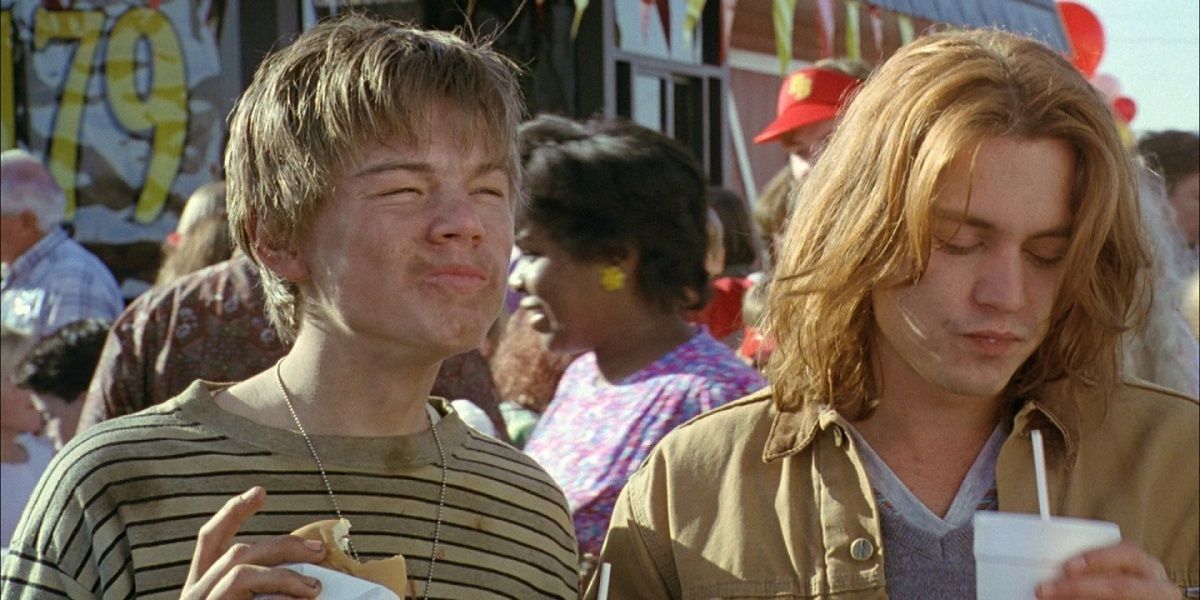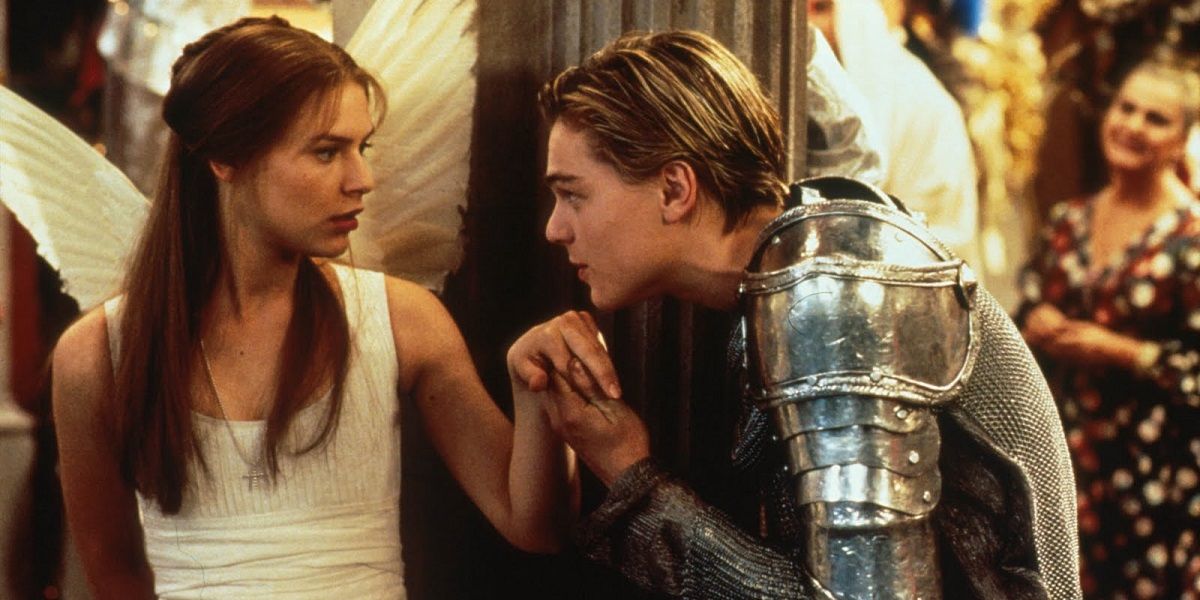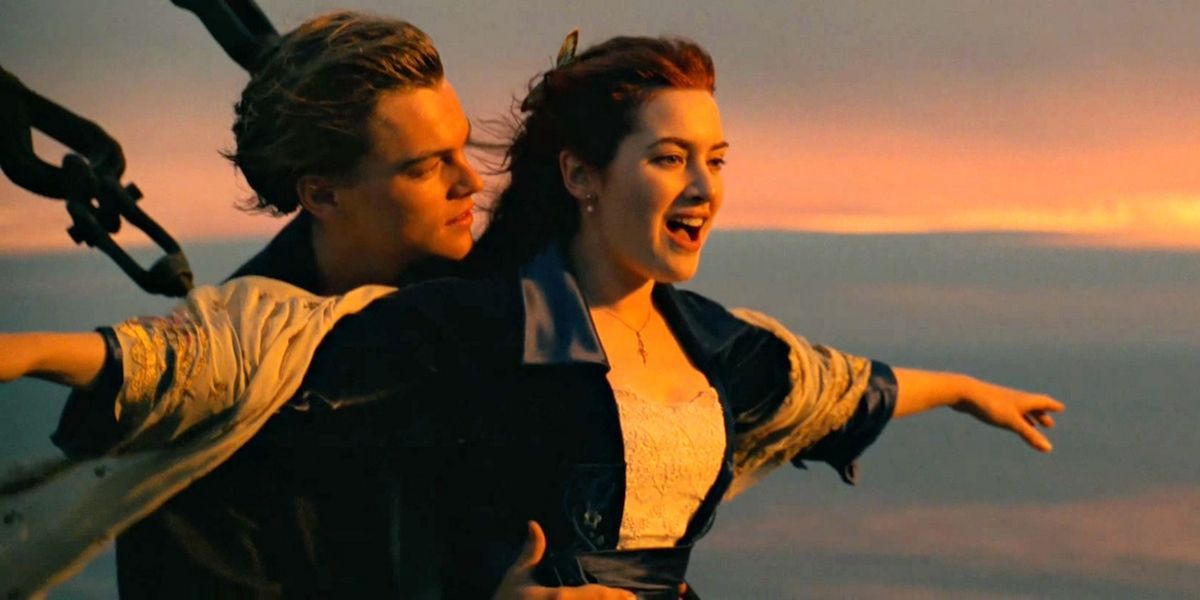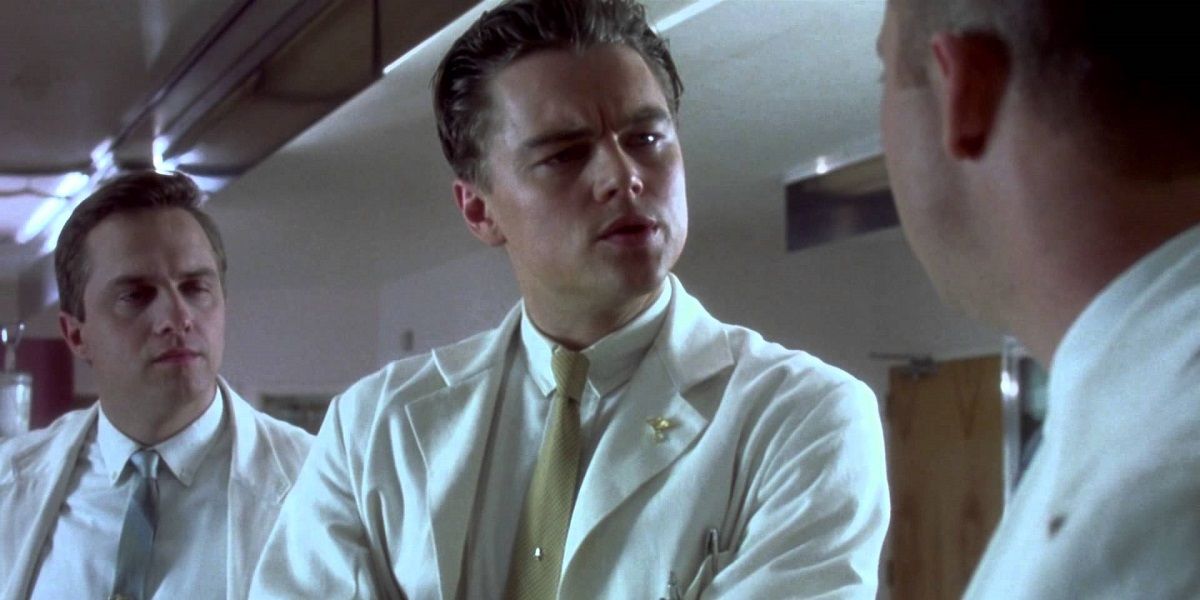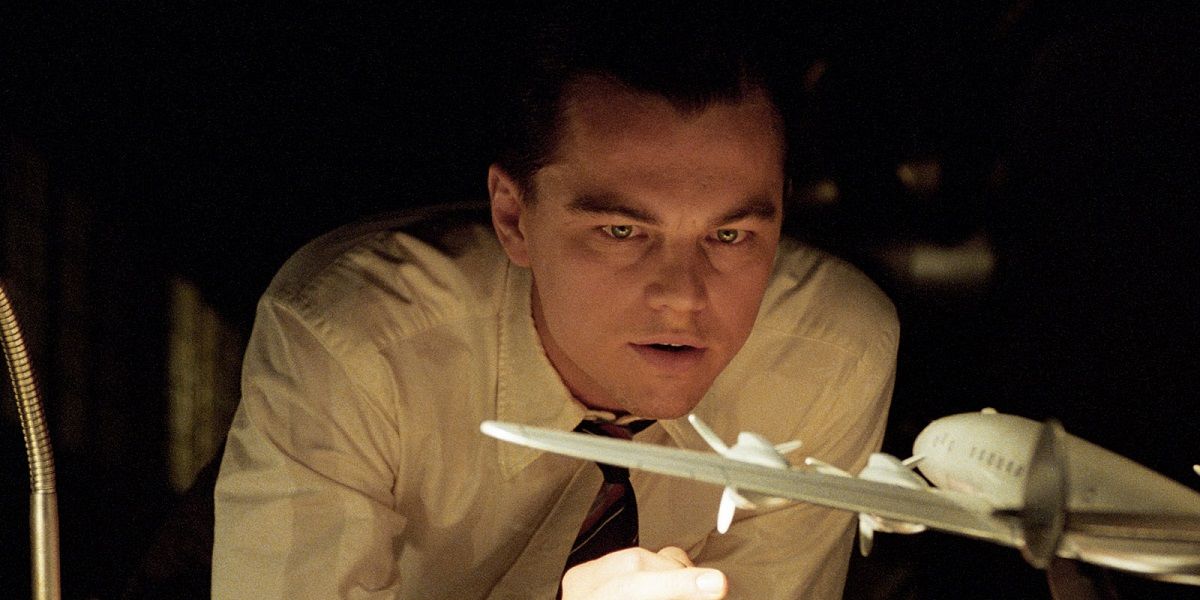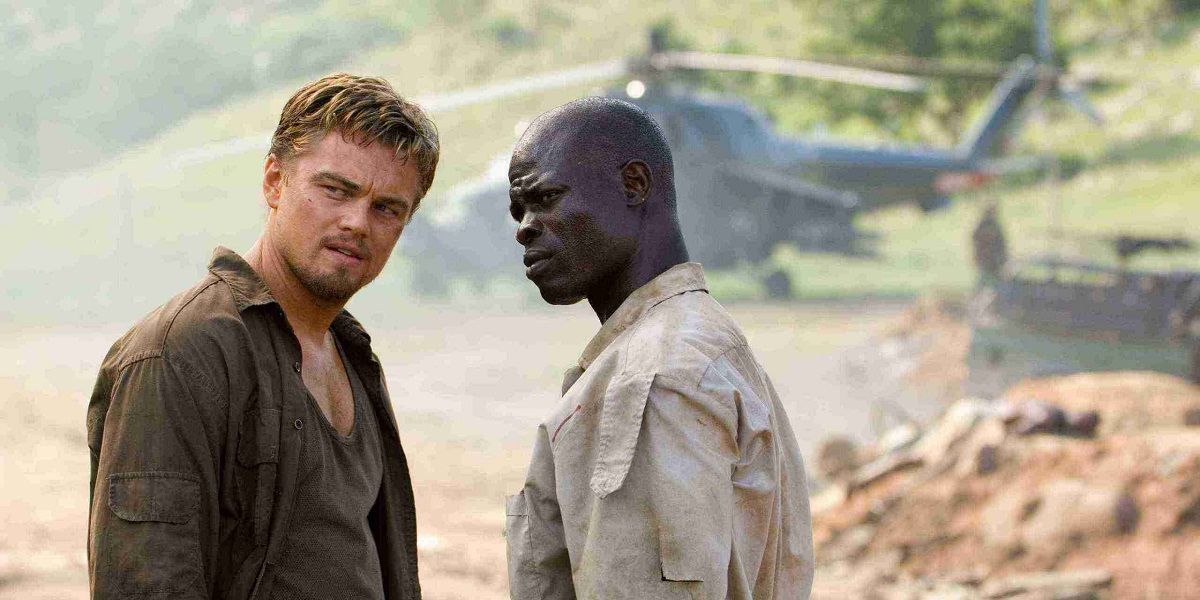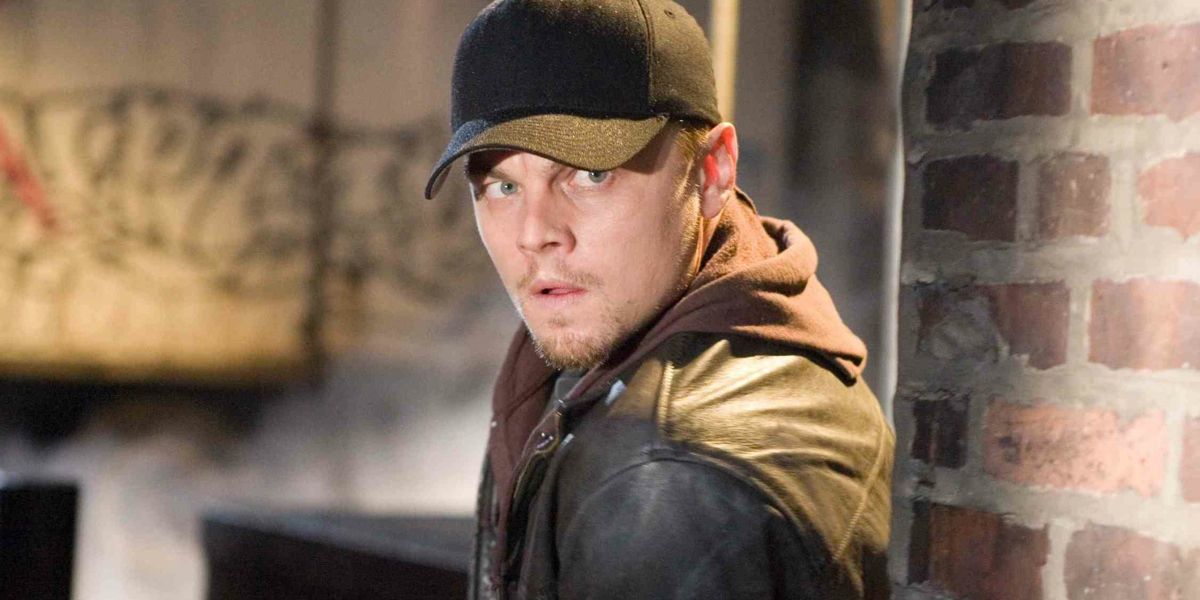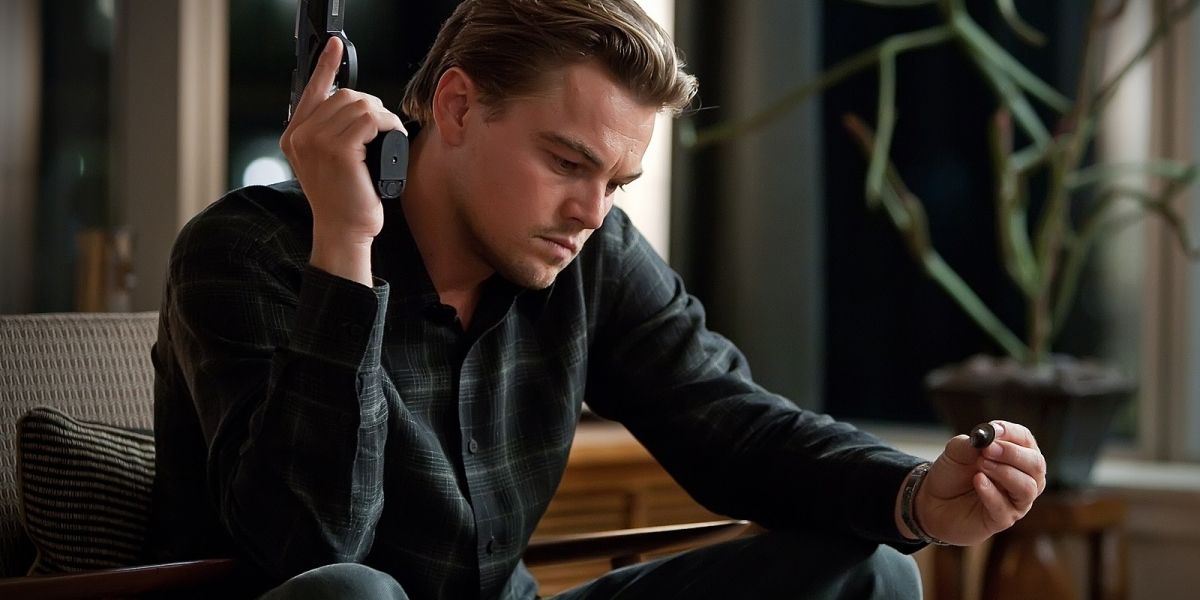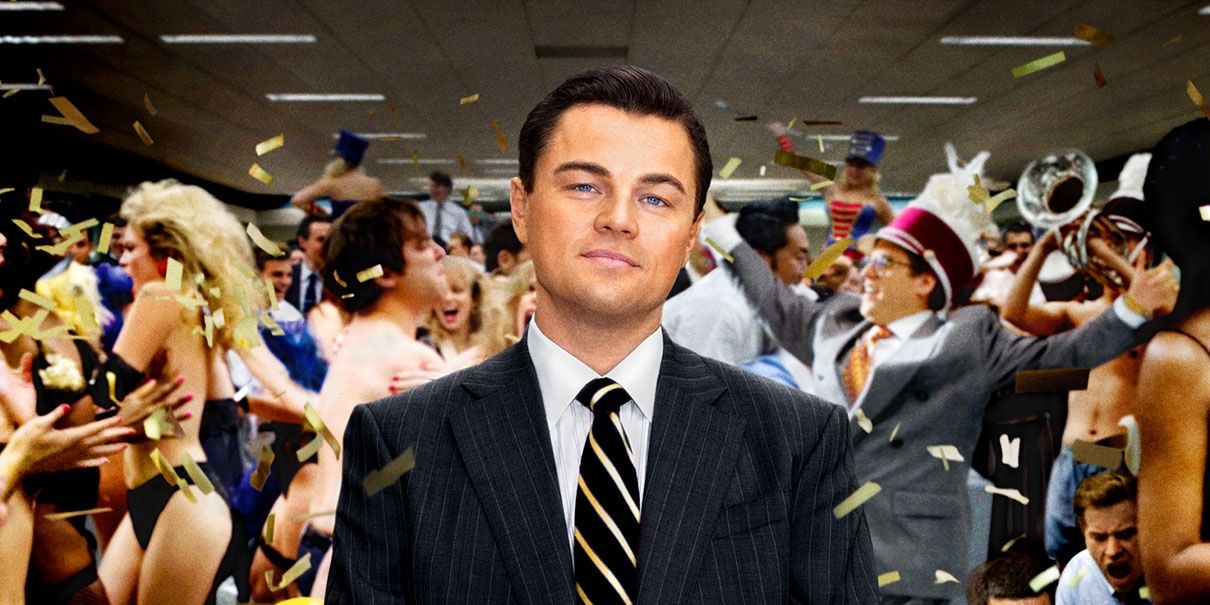Whether you love him for his warm voice and boyish good looks or you simply admire him for the exceptional actor that he is, there is no denying that Leonardo DiCaprio is a polestar of both fame and talent in the realm of Hollywood. But with such a wide and varied catalogue of movies to his credit, it’s hard to narrow down which ones distinguish him as something special.
With his potentially career-defining and Oscar buzz-garnering performance as frontiersman Hugh Glass in Alejandro González Iñárritu’s The Revenant, we’ve decided to honor the accomplishments of good old Leo by collecting his career highlights in this list of his best performances to date.
What’s Eating Gilbert Grape? (1993)
While any of Leo’s early movies could be included in this list, the most relevant starting point is certainly his very first Oscar-nominated role as the mentally-challenged brother of Johnny Depp’s eponymous teenager in the emotionally multi-faceted Lasse Hallström dramedy What’s Eating Gilbert Grape?. The film follows the eldest son of the Grape family of Endora, Iowa (Depp) as he tries to cope with the enormous responsibility of looking after his two sisters (Laura Harrington and Mary Kate Schellhardt), his morbidly obese mother (Darlene Cates), and his younger brother whose developmental disability makes him a challenge to look after (DiCaprio).
It speaks volumes that, at the tender age of eighteen, DiCaprio was able to portray a character with a believable handicap that is likable, endearing, and inoffensively humorous rather than some curio to be pitied or mocked. With his performance, it is easy to believe why a family going through such hard times choose to embrace Arnie’s difficulties with love – it is definitely one of the more deserved Oscar nominations of DiCaprio’s career.
Romeo + Juliet (1996)
In the year before he happened upon the role that would transform him into the incomparable A-list movie star, DiCaprio was having a very productive 1996. Not only did young Leo prove his mettle as an actor alongside hugely talented veterans Meryl Streep and Diane Keaton in beautiful family drama Marvin’s Room, but he also displayed a bold open-mindedness by taking on the lead of the wild and unconventional Baz Luhrmann adaptation of William Shakespeare’s most tragic love story with Romeo + Juliet.
The film asks a great deal of its viewers when it comes to the suspension of disbelief, but without Leo’s commitment and the incredible chemistry he had with co-star Claire Danes, Romeo + Juliet would likely have floundered and been remembered as nothing more than an all-style-no-substance annoyance with a cool soundtrack. His dedication to making his performance both believable and relatable is the movies backbone, a quality that would develop extraordinarily in the coming years and eventually become his most admirable attribute as a film actor.
Titanic (1997)
Considering the overwrought (albeit completely deserved) fame and appreciation that the James Cameron epic Titanic continues to accrue to this day from its cinematic grandeur and groundbreaking special effects, it makes sense that the film’s performances would get lost in its gigantic shadow, especially that of romantic leading man Leonardo DiCaprio.
Unlike so many of his contemporaries, DiCaprio didn’t root the allure of his character solely in his own sex appeal and physical beauty. He relies on being handsome to perpetuate the romantic ideal that fuels the film, but at the same time he takes every opportunity to imbue Jack Dawson with humor and spunk that endear him to every member of the audience, whether female or otherwise. The Titanic script leaves a great deal to be desired in almost every category (Screenplay was the only major Oscar category the film wasn’t nominated for), and even though all of the actors do incredibly well with the unbelievable dialogue they are given, no one fills in those huge blanks as well as DiCaprio.
Catch Me If You Can (2002)
As both men have always displayed a penchant for stories involving the emotional evolution of troubled men, it was only a matter of time before Leonardo DiCaprio and Steven Spielberg found a project together – what many didn’t predict was how their separate qualities as either and actor or a filmmaker would push the abilities of the other to make something as objectively good as it is thoroughly enjoyable.
When you watch Catch Me If You Can, Leo’s performance is apt to pique any viewers interest as to how successful he might have been had he taken the more conventional route and let his charm and good looks steer his career in the rom-com direction. In the shoes of super-slick con artist Frank Abagnale Jr., he is bubbly and adorable without being silly and stupid and he is masculine and intelligent without being rough or unappealing. There was never a more perfect role to end his young-man phase and take him into full-fledged leading-man roles.
The Aviator (2004)
While Gangs of New York is a truly great movie to behold, it wasn’t until DiCaprio and director Martin Scorsese embarked on making The Aviator that they both discovered a stride that would successfully carry them through three (probably more in the future) more films afterward. Few films can pack in such a huge amount of detail into a massive 170-minute run time and still feel like easy viewing, and most of that is because Scorsese had fully realized DiCaprio’s strengths, allowing the actor to be the beating heart of the whole production.
By this point in his career, Leonardo DiCaprio had certainly proven that he had the chops to play a leading man, but it wasn’t until he took on the biopic of the famously unhinged filmmaker and businessman Howard Hughes that he proved just how firm a foundation he could be for a film while still displaying an amazing amount of nuance and empathy for his characters. When you watch the performance, he is so large-than-life and so comfortable in the character’s neuroses that it makes perfect sense why he thought this would be the masterpiece performance he would never top.
Blood Diamond (2006)
When compared to Leo’s other starring role of 2006 (next on the list!), it puzzled a lot of people as to how Leonardo DiCaprio’s role in the slightly clichéd, formulaic Edward Zwick action-drama Blood Diamond garnered the actor with his only Oscar nomination of that year. And yet, while the movie is largely clunky and occasionally arduous, DiCaprio and his chemistry with co-star Djimon Hounsou is the saving grace that found it such prestigious critical attention.
As the world has come to expect from him, Leo churned out another outstanding performance as the charismatic smuggler Danny Archer, but what made the turn so great how accurately he was able to capture the surly and unabashedness of a "Rhodesian" gunrunning merc, especially how easily he pulls off a notoriously tricky Zimbabwean accent. Sure, the white-man’s-burden arc is rote, but DiCaprio helps everyone watching forget about the more saccharine elements of the movie and focus on the genuinely human moments that make Blood Diamond worthwhile.
The Departed (2006)
On the list of all time worst snubs in Oscar history, Leonardo DiCaprio’s role in Martin Scorsese’s The Departed is unquestionably way up there. Based on the Chinese thriller Internal Affairs, DiCaprio stars as Billy Costigan, a troublemaker cop who finds himself in the perfect position to go undercover with Jack Nicholson’s mob boss Frank Costello.
Throughout his career, Leo has built his reputation on his ability to make his weird, opulent, and artistically honed performances both fantastically elaborate and audience friendly, but his subdued performance as an everyman Irish-mafia mole who has trouble coping with his double identity is, to this day, his quiet, secret masterpiece. The Departed is elegant proof that DiCaprio knows how to reign in a performance and smoothly disappear into a character so he can exist equally with his co-stars; it is an example of how you don’t need to be impressive to create something memorable and magnificent.
Inception (2010)
There are a seemingly endless number of reasons to admire and respect Christopher Nolan’s science fiction magnum opus Inception – complexity, accessibility, originality, resourcefulness, style – but for all of its streamlined visuals, imaginative concepts, and carefully-planned mythology it wouldn’t exist coherently without the tragic story that exists at its very center. With his impeccable eye for casting, writer/director Nolan wisely chose Leo DiCaprio to fill the audience’s need to emotionally connect with his movie.
DiCaprio stars as Cobb, a man who leads a team of people with the technology to hijack other people’s dreams. While the film revolves around Cobb and his associates as they attempt alter a man’s consciousness through his dreams for the benefit of his business rival, the real core of the story is Cobb’s guilt over the death of his wife and his need to see his children once again. DiCaprio displays the full range of his acting prowess, from thoughtful and restrained to energetic and animated.
Django Unchained (2012)
When Quentin Tarantino was working on his screenplay for Inglourious Basterds, he intended the role of Colonel Hans Landa to be embodied by Leonardo DiCaprio, but ultimately decided that the role would be best served by Austrian actor Christoph Waltz. So, when it came time to write his western action flick Django Unchained, Tarantino knew he didn’t want to miss collaborating with Leo again and wrote him a role that was utterly juicy and deliciously despicable.
Before he threw his all into the performance of horrid, slave-owning, Mississippi cotton mogul Calvin Candie, no one could have predicted that DiCaprio would have risked his likability on a role that was so far away from his usual fair. He eats up every opportunity he gets to be gruesome and evil and succeeds on a level he had not yet reached as an actor until that time. While the role itself will always be seen as important in DiCaprio’s filmography on its own merit, the performance will forever be recognized as the gateway made Leo’s later braver and bolder cinematic ventures possible.
The Wolf of Wall Street (2013)
People who got caught up in the commotion of whether The Wolf of Wall Street was celebrating or demonizing the hedonistic lifestyle and distasteful business practices of real-life tycoon Jordan Belfort completely missed the point of the raucous and oft bizarre Martin Scorsese picture – it is above all a glorious and debaucherous reason for Leonardo DiCaprio to spread his acting wings and let his freak flag fly. Not only did the movie mark a real devil-may-care return to form for Scorsese, it proved just how committed Leo is to his craft.
With the obvious boost in confidence of his own skills that he got with the help of Quentin Tarantino, Leo was able to explore a side of himself likely even he didn’t know he possessed in Wolf. No matter how off-putting you find Jordan Belfort, there is something undeniably fun and exhilarating watching DiCaprio preen and strut as a crazed, drug-fueled troglodyte peacock of a stockbroker – he is, simply put, absolutely and disturbingly sublime.
Conclusion
What are your personal favorite Leonardo DiCaprio performances? Let us know in the comments section.

